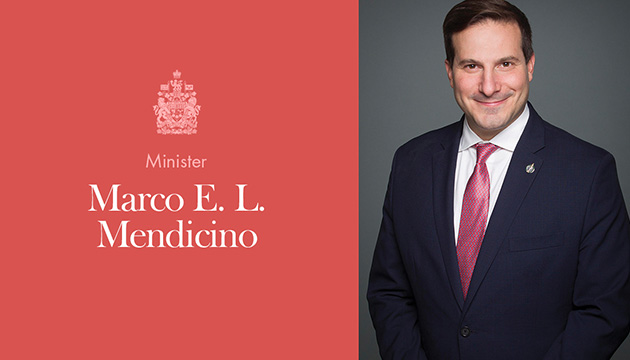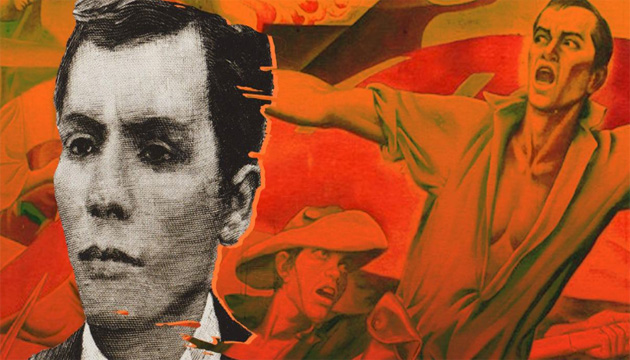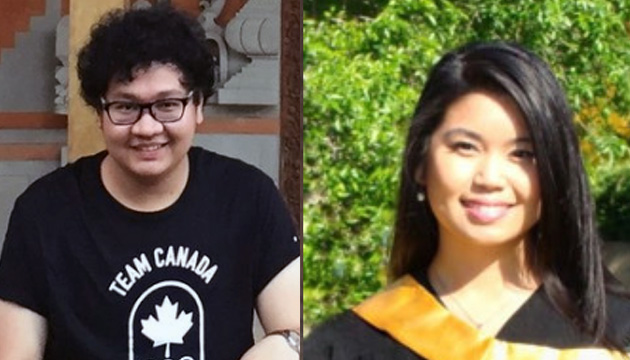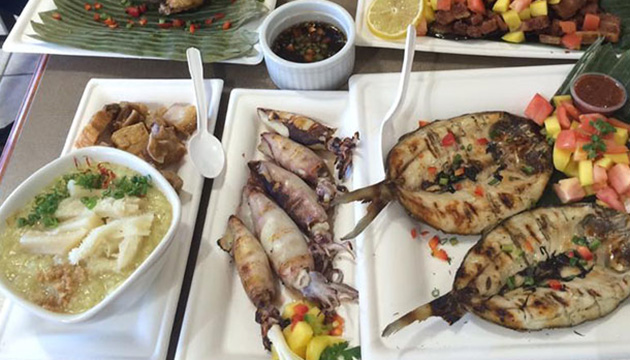Much has been said about the low level of Filipino representation in Canadian politics.
It’s only right to keep up the public discourse about this condition.
That’s because only a few have prevailed in the ballot box since Conrado Santos in Manitoba became the first Canadian Filipino elected to public office in 1981.
With the community growing in numbers and political consciousness across the country, it seems easy to think that more political victories are coming.
However, things aren’t that straightforward.
Engagement in electoral politics is a lot more complex.
There are delicate situations that arise at times, simply because politics to its essence is a cold, calculating game.
Let’s start with the common practice of established political parties of pumping up their diversity credentials during elections.
One convenient way of doing this is by running Filipinos and other ethnic minorities in a number of unwinnable ridings.
With ethnic candidates under their respective banners, who is to say that political parties don’t embrace the principles of multiculturalism?
It doesn’t matter that a number of these candidates do not stand a chance. In fact, the candidates actually know it.
They are often dismissed by others as stooges, who are only willing to do the bidding of their political masters, for perhaps the supposed prospect of future gain. As Filipinos are wont to say in the vernacular, ‘nagpagamit’ (allowed one’s self to be used).
This may be true in some cases, but it doesn’t apply to everyone and every situation.
It may be the case for some candidates that they are sincere in their attempt to win elected public office. They want to serve, and they’re hoping for an upset.
It can also be argued that by running even in no-win ridings, candidates, as well as their supporters in the community, are able to gain valuable experience and insight into how things work.
These are assets that contribute in building the political memory and ability of the community, which can be deployed in future battles. It’s practice, a sort of dry run for bigger engagements.
Another delicate situation that is sometimes seen is the practice of mainstream political parties to pit members of the same ethnic minority group against each other.
Things get especially touchy when someone from the community comes up to challenge an incumbent who hails from the same ethnic group.
Immediately, that candidate gets branded by the incumbent’s camp as an opportunist.Among many Filipinos, it’s almost an unforgivable sin. One can surely expect to hear the candidate described, typically behind the individual’s back, as someone with no ‘delicadeza’ (sense of decency).
Again, that may be true in some cases. There are other ridings to run in, and why should someone choose to go up against a compatriot in the first place?
However, it can also be asked: Why should somebody get scorned for exercising a right guaranteed by the Canadian charter to run for public office?
It can be argued that what is often forgotten is the fact that ethnic minority groups do not cast a monolithic vote based on racial affinity.
An incumbent elected official does not have and cannot claim all the voters in that individual’s community. And neither can the challenger.
This is why political parties sometimes field a community member against another. They recognize that the ethnic vote splits, and everything is fair game.
It can also be said that likewise thrown out of the window is the reality that Filipinos and other ethnic minorities are more than just about their racial identities. Like other Canadians, they are also concerned about things such as jobs, safety, and other issues that factor in their choices on who to vote for.
There’s no question that ethnic identity is a huge part of people’s lives, but that is not all that matters at the ballot box.
That’s why it should not be surprising that Filipinos are members of different and competing parties at the federal, provincial, and municipal levels. They’re found everywhere, because they choose parties that identify with the personal values they hold dear to their hearts.
As British Columbians head to the provincial polls on May 9, let’s wish two-term Vancouver-Kensington MLA Mable Elmore of the B.C. NDP, as well as Jane Spitz, a first-time candidate in Vancouver-Hastings with the ruling B.C. Liberal Party, all the success.
Ontario is also headed for an election in 2018, and we wish all the best for Angely Pacis, candidate of the Progressive Conservative Party of Ontario in Mississauga-Centre. Good luck as well to Antonio Villarin, who is seeking the nomination of the Progressive Conservative Party in Scarborough Centre.
By the CFNet Editorial Board
Contact us at:










